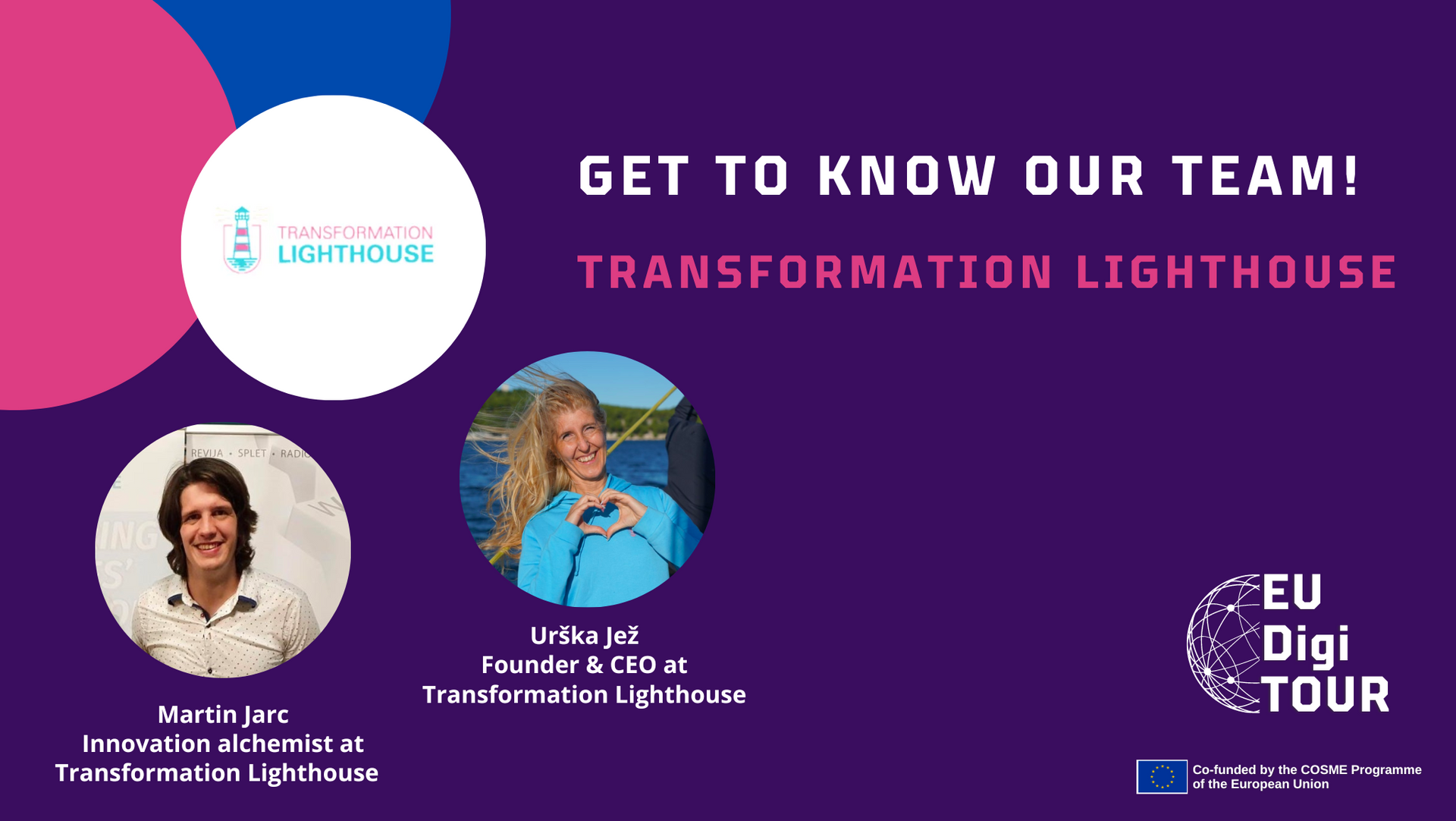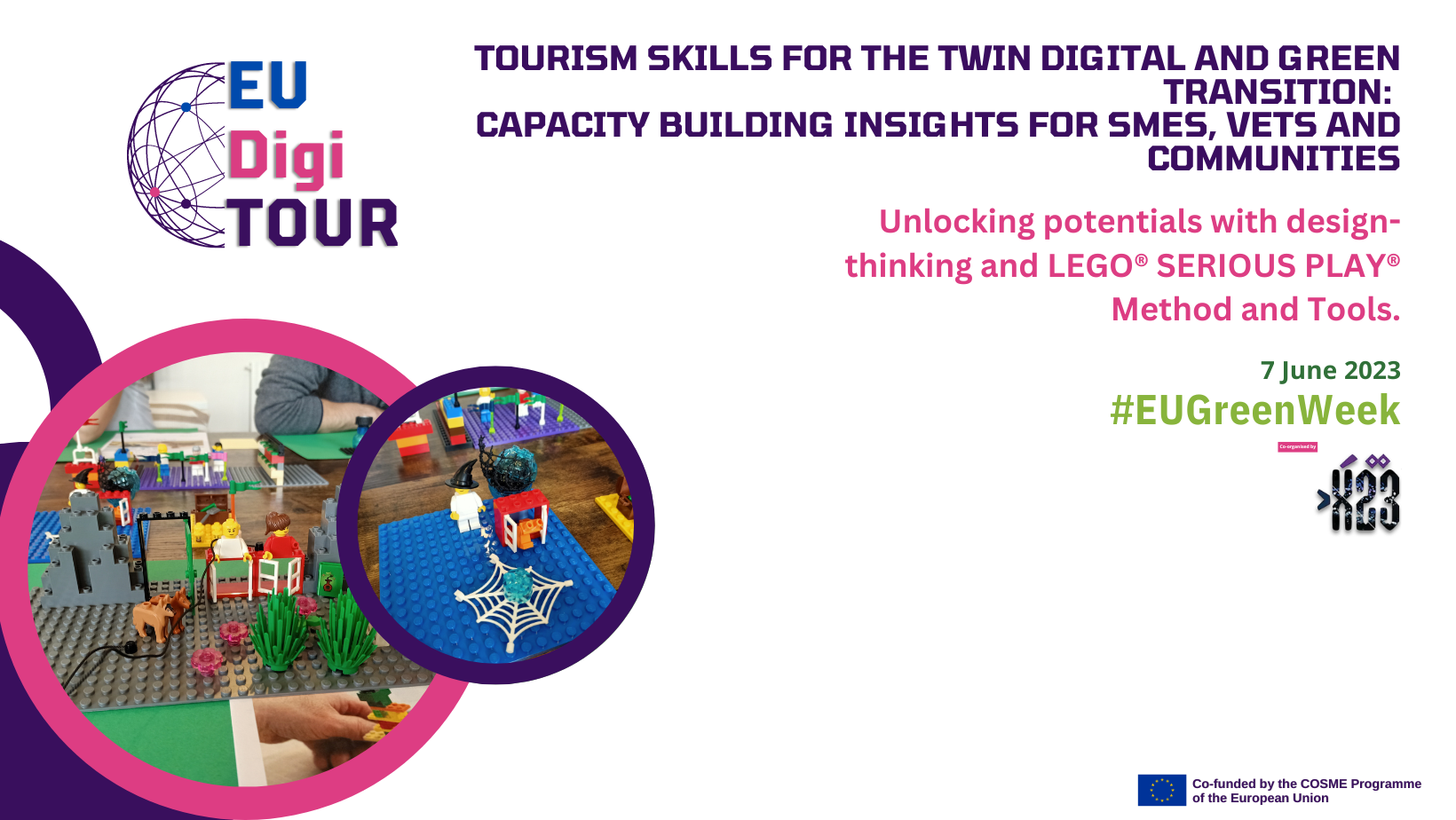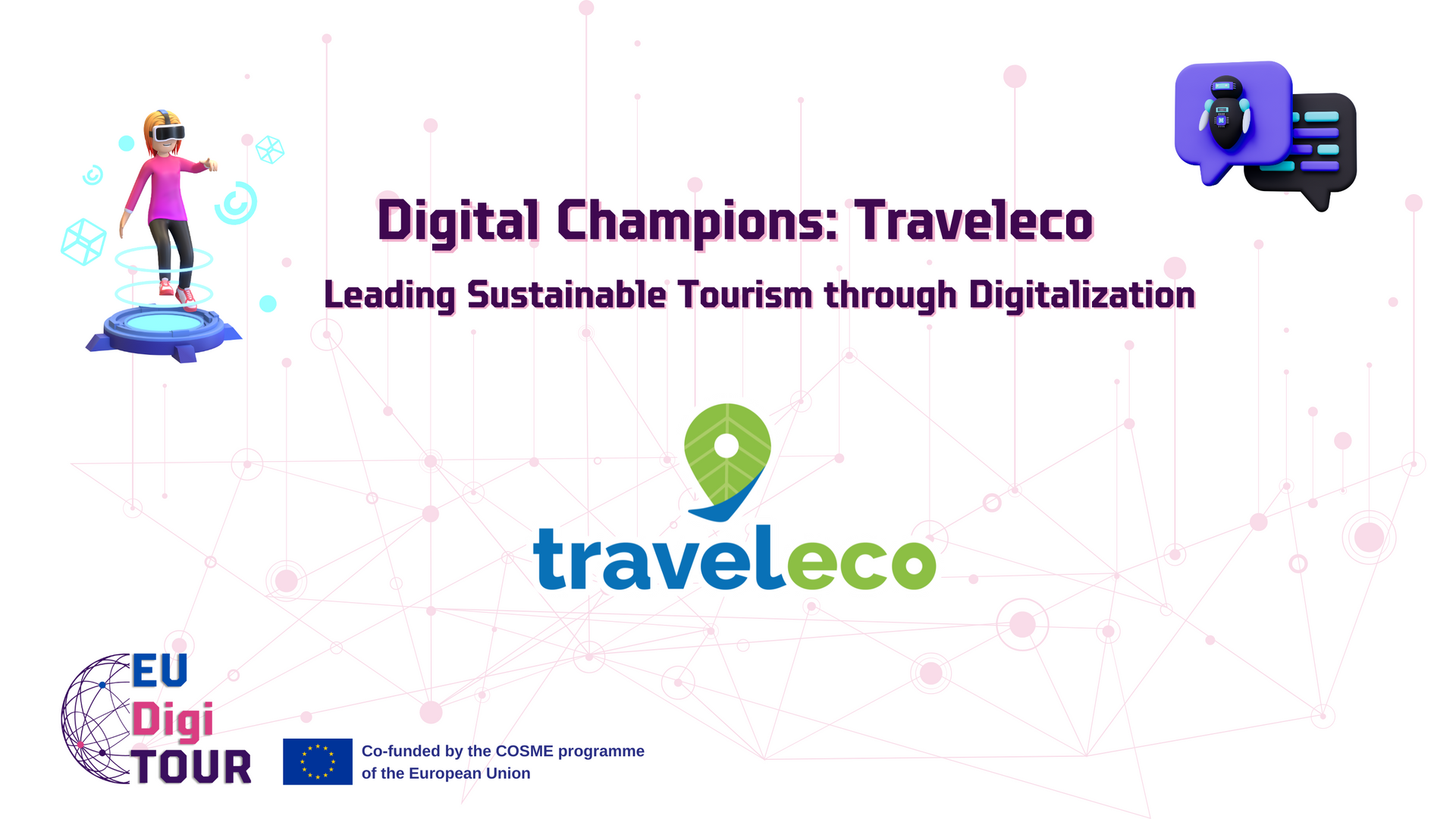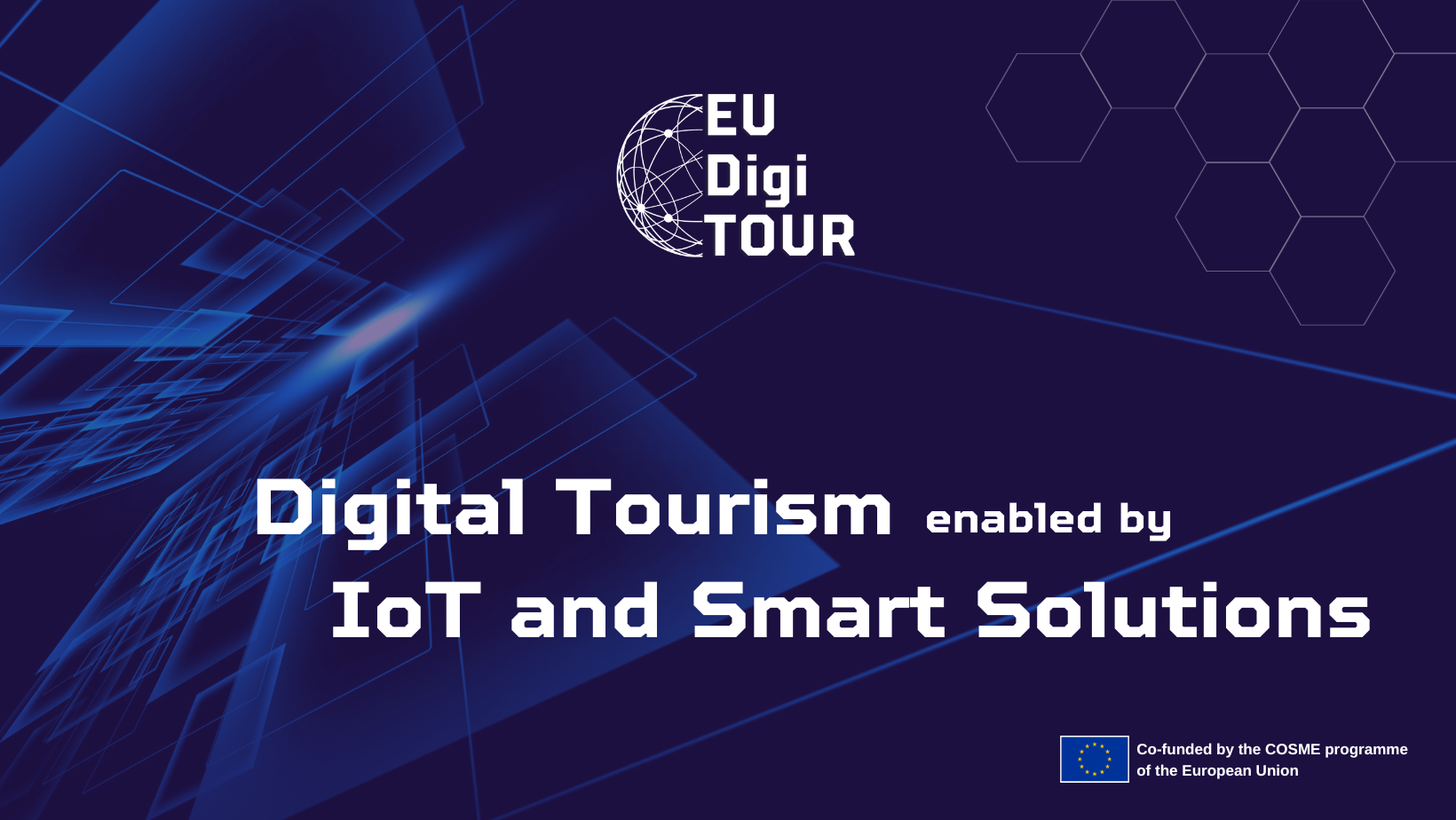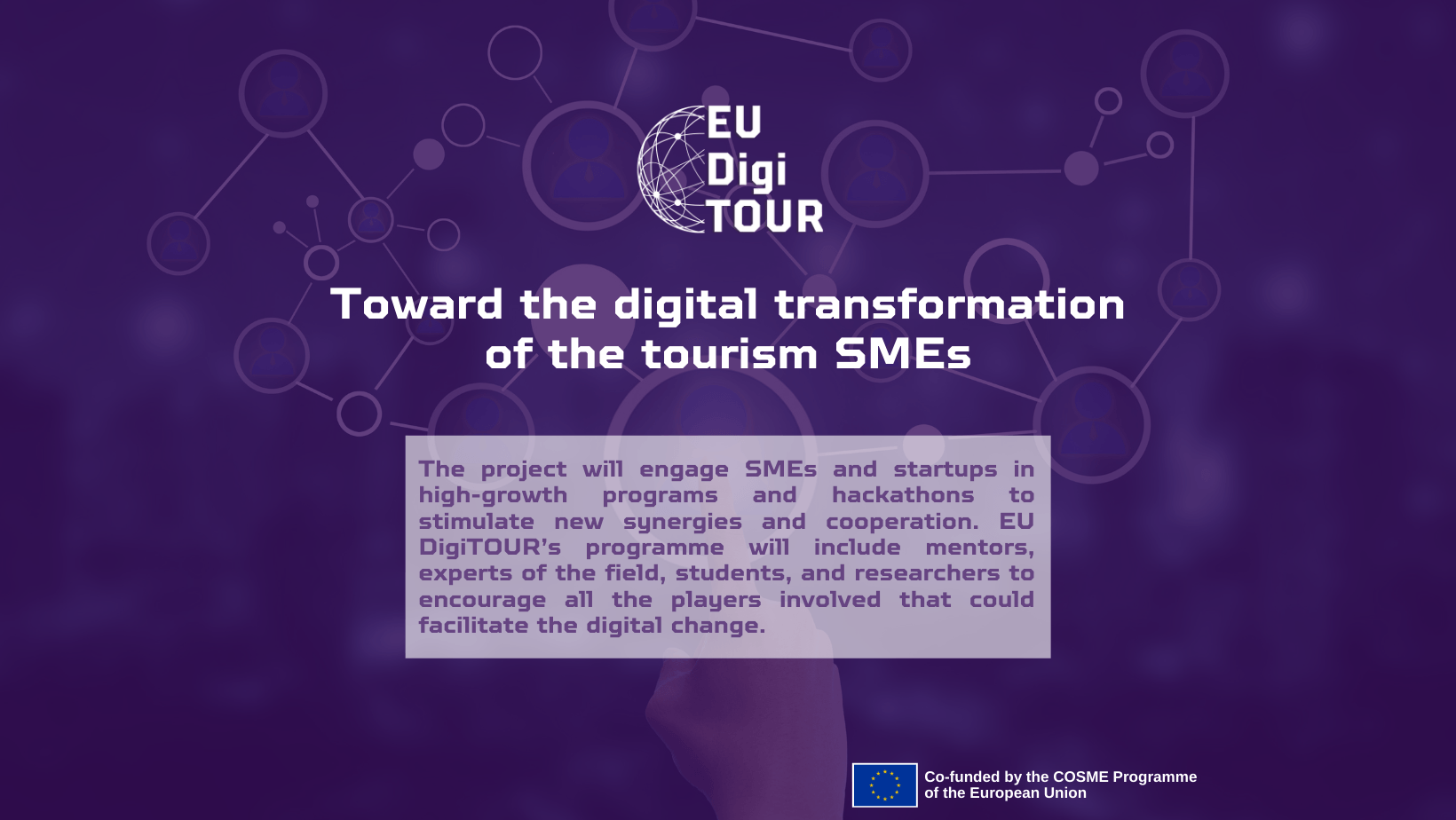
Making a hotel reservation through an app on your device or watching a 3D museum exhibition at your table is already common in people’s routines. Nevertheless, most small and medium-sized entrepreneurs (SMEs) are still on the way to becoming fully innovative and digital.
The idea that digital transformation is costly is still in the back of the mind of most SMEs. However, the digital transformation of SMEs is undergoing even without their realization. Such digital transformation comes in diverse ways, from the simple technique of including chat options to the website, which is sustained by Artificial Intelligence, to broadening marketing content in social media.
Additionally, the uptake and scope of digital techs vary across places and sectors creating an uneven scenario, which results in a substantial gap between tech-driven and traditional SMEs, usually featured as low-tech business practices. The differences between tech-driven tourism business and traditional SMEs can also be recognized by the huge gap in financial shares.
Recently, substantial attention has been given to digital marketing and e-commerce as a strategy for building brands, engaging new customers, and reaching new markets. Additionally, innovative technologies such as geotagging, augmented technologies and artificial intelligence, are being more accessed and generating novelties in tourism activities. Thus, digital techs are pushing tourism towards a new level of access and innovation of businesses of all sizes, segments, and ends.
Nevertheless, other technologies such as data analytics, cloud computing, and revenue management software, have still received less attention in tourism administration.
Digitalization is creating unprecedented ways for tourism SMEs to develop new tourism ideas and services, access new markets, expand their network internationally, adopt new processes and business models, and connect and integrate into other digital ecosystems. Efficiency, increment of resources to strategically expand the business and free up time, and internationalization of operations are some of the potential benefits that digitalization can impact tourism SMEs.
Therefore, SMEs that do not invest in their digitalization may potentially not survive the new flow and needs that are emerging from the adoption of technologies within society, let alone thrive in the future. SMEs and the wider tourism ecosystem will need to fully embrace and adopt these new technologies to remain competitive, accessible, and up-to-date.
